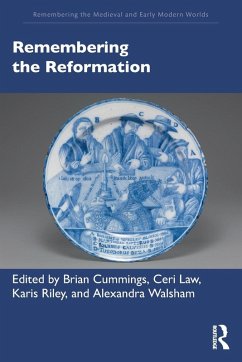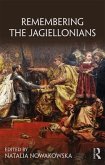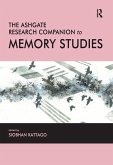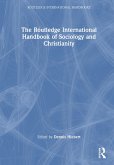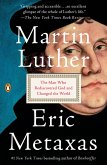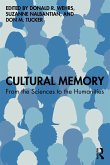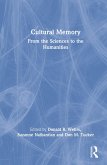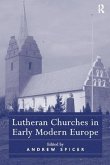This stimulating volume explores how the memory of the Reformation has been remembered, forgotten, contested, and reinvented between the sixteenth and twenty-first centuries.
Remembering the Reformation traces how a complex, protracted, and unpredictable process came to be perceived, recorded, and commemorated as a transformative event. Exploring both local and global patterns of memory, the contributors examine the ways in which the Reformation embedded itself in the historical imagination and analyse the enduring, unstable, and divided legacies that it engendered. The book also underlines how modern scholarship is indebted to processes of memory-making initiated in the early modern period and challenges the conventional models of periodisation that the Reformation itself helped to create. This collection of essays offers an expansive examination and theoretically engaged discussion of concepts and practices of memory and Reformation.
This volume is ideal for upper level undergraduates and postgraduates studying the Reformation, Early Modern Religious History, Early Modern European History, and Early Modern Literature.
Remembering the Reformation traces how a complex, protracted, and unpredictable process came to be perceived, recorded, and commemorated as a transformative event. Exploring both local and global patterns of memory, the contributors examine the ways in which the Reformation embedded itself in the historical imagination and analyse the enduring, unstable, and divided legacies that it engendered. The book also underlines how modern scholarship is indebted to processes of memory-making initiated in the early modern period and challenges the conventional models of periodisation that the Reformation itself helped to create. This collection of essays offers an expansive examination and theoretically engaged discussion of concepts and practices of memory and Reformation.
This volume is ideal for upper level undergraduates and postgraduates studying the Reformation, Early Modern Religious History, Early Modern European History, and Early Modern Literature.
'This consistently stimulating and illuminating collection of essays examines not just how, across a wide range of contexts, the Reformation has been remembered, but what "remembering the Reformation" might actually mean. It is essential reading for anyone interested in memory as a constructive and creative, and often deceptive, cultural force.'
Peter Marshall, University of Warwick, UK
'This volume offers the reader a survey of memory cultures, both seeded and sundered by the European Reformation, that is daringly imaginative in scope and unfailingly thought-provoking in content. Taken together, these essays constitute a richly suggestive theatre of memory which enables the reader to locate with precision and nuance the role played by the past in shaping the self-understanding of the protagonists as well as the retrospective comprehension of posterity.'
Simon Ditchfield, University of York, UK
'The essays in this volume advance the pressing discussion of how narratives of remembering and forgetting shaped the early modern world and its afterlife. Individually, they throw light on the diversity of ways in which the Reformation was construed, while collectively they make the case for the protean nature of complex, seismic and global change.'
Bruce Gordon, Yale University, USA
Peter Marshall, University of Warwick, UK
'This volume offers the reader a survey of memory cultures, both seeded and sundered by the European Reformation, that is daringly imaginative in scope and unfailingly thought-provoking in content. Taken together, these essays constitute a richly suggestive theatre of memory which enables the reader to locate with precision and nuance the role played by the past in shaping the self-understanding of the protagonists as well as the retrospective comprehension of posterity.'
Simon Ditchfield, University of York, UK
'The essays in this volume advance the pressing discussion of how narratives of remembering and forgetting shaped the early modern world and its afterlife. Individually, they throw light on the diversity of ways in which the Reformation was construed, while collectively they make the case for the protean nature of complex, seismic and global change.'
Bruce Gordon, Yale University, USA

